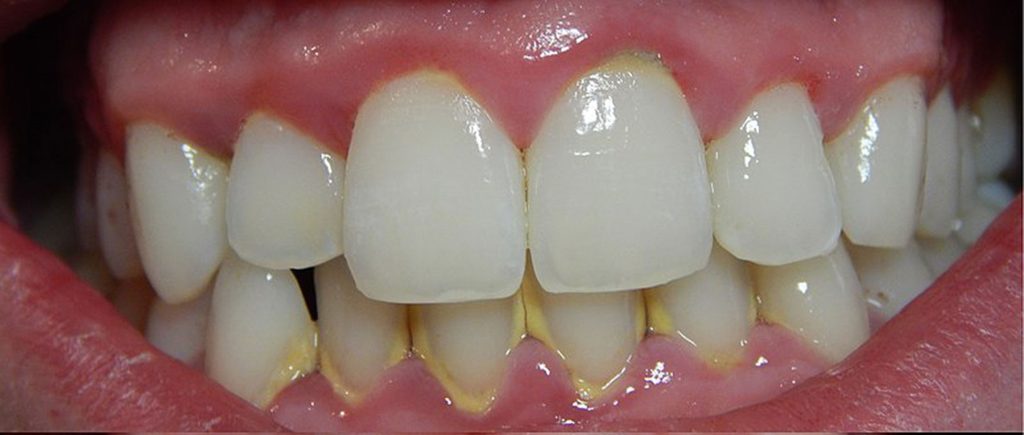What Not To Say To Workers Comp Doctor
What Not To Say To Workers Comp Doctor Every year, millions of workplace accidents lead to injuries and missed workdays, affecting workers across various industries. According to data from the National Safety Council, the primary causes of occupational injuries resulting in missed workdays include exposure to harmful environments, overexertion, slips and falls, equipment accidents, and transportation incidents.
For those impacted by such incidents, workers’ compensation can provide essential support. Workers’ comp not only covers medical and rehabilitation costs but also compensates for lost wages. To access these benefits, filing a workers’ comp claim and undergoing an evaluation by a designated workers comp doctor are essential steps. However, certain statements made during the evaluation can potentially complicate your reimbursement and compensation process. Here’s what you should avoid saying to workers’ comp doctors to ensure a smoother claims process.
1. Inaccuracies Regarding Past Injuries or Medical History
One crucial aspect to avoid is providing inaccurate information about your current and prior injuries. The workers’ comp doctor will closely examine you and inquire about your medical history since this can influence your present condition and recovery. It’s essential to disclose all relevant information about any previous injuries or pre-existing conditions, even if you fear it might impact your current workers’ comp claim. Always be truthful about your medical history and stick to the facts regarding your current injury.
2. Lies About How the Injury or Accident Happened
Never lie or omit significant details about how the injury occurred. This includes all relevant information, even if it reflects negatively on you, such as failing to follow safety measures. Workers’ comp medical exams serve not only to assess your condition but also to investigate the validity of your claims. Doctors and insurance providers are likely to detect inconsistencies or untruths, which can harm your claims.
Read More : How Soon After Surgery Can You Use Red Light Therapy
3. Exaggerations About Symptoms or Pain
Exaggerating the severity of your pain or symptoms should also be avoided. This can not only impact the accuracy of your diagnosis but may lead to improper prescriptions or treatments. Inaccurate medications can worsen your health and potentially lead to misuse, dependency, or addiction issues. Keep in mind that doctors use diagnostic tests and imaging to assess your condition, and discrepancies between your reported symptoms and test results can be evident.
4. Delays in Seeking Proper Treatment
Prompt medical treatment is crucial for your well-being, especially following a workplace injury that requires time off. Injuries can worsen if left untreated for an extended period between the incident and medical attention. Procrastinating in seeking medical help can be perceived as an attempt to exacerbate your condition to claim higher compensation. In many places, including Maryland, employees are typically required to seek proper medical care through the workers’ comp system within a specific timeframe, often 60 days. Delaying treatment beyond this period can raise suspicions, even among insurers or employers.
Additionally, refrain from mentioning missed doctor’s appointments or non-compliance with medical advice, whether related to medications, rest, rehabilitation, or prematurely ending treatment before full recovery.
5. Negative Remarks or Resentment Toward Your Employer
During your medical evaluation, avoid making negative comments or expressing resentment toward your employer. Remember that everything you say during the assessment may be included in the doctor’s report, which could be shared with your employer or insurer. Expressing discontent or resentment, especially concerning your employer’s handling of the incident, could harm your reputation and potentially lead to workplace issues.
Read More : How To Sue A Doctor For Pain And Suffering
In conclusion, pursuing workers’ compensation can be a complex and challenging process. Insurance programs are known for their complexity, and many insurers and employers prioritize their interests over those of injured employees. Seeking guidance from a trusted and experienced workers’ compensation attorney can greatly improve your overall experience. A workers’ comp lawyer can provide valuable insights into what not to say to a workers’ comp doctor and may represent you in case your claim faces disputes.




